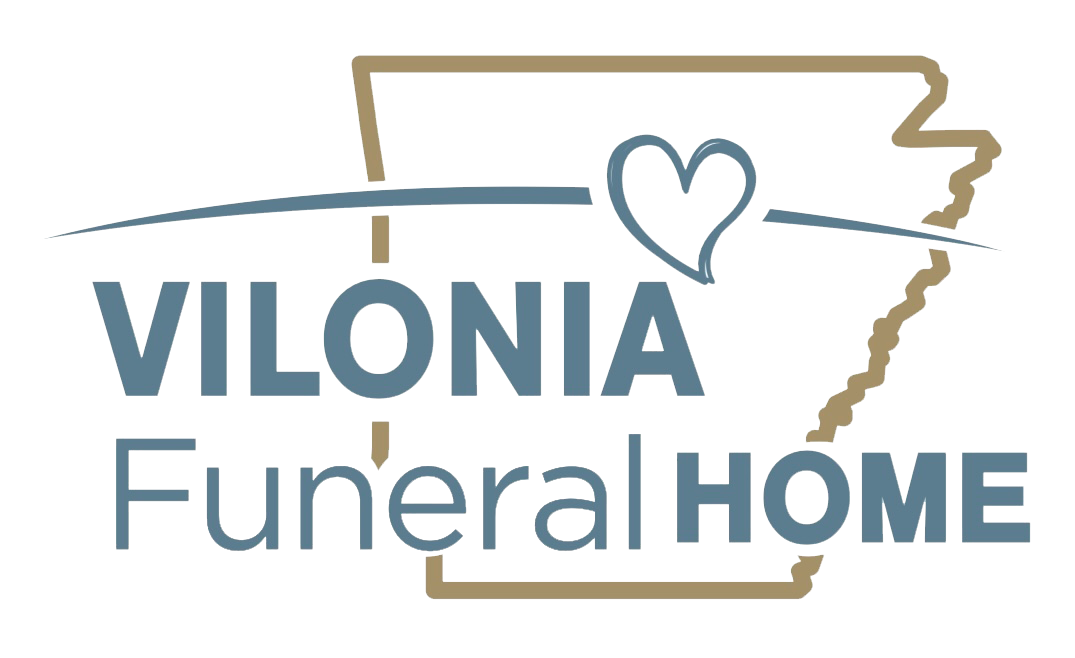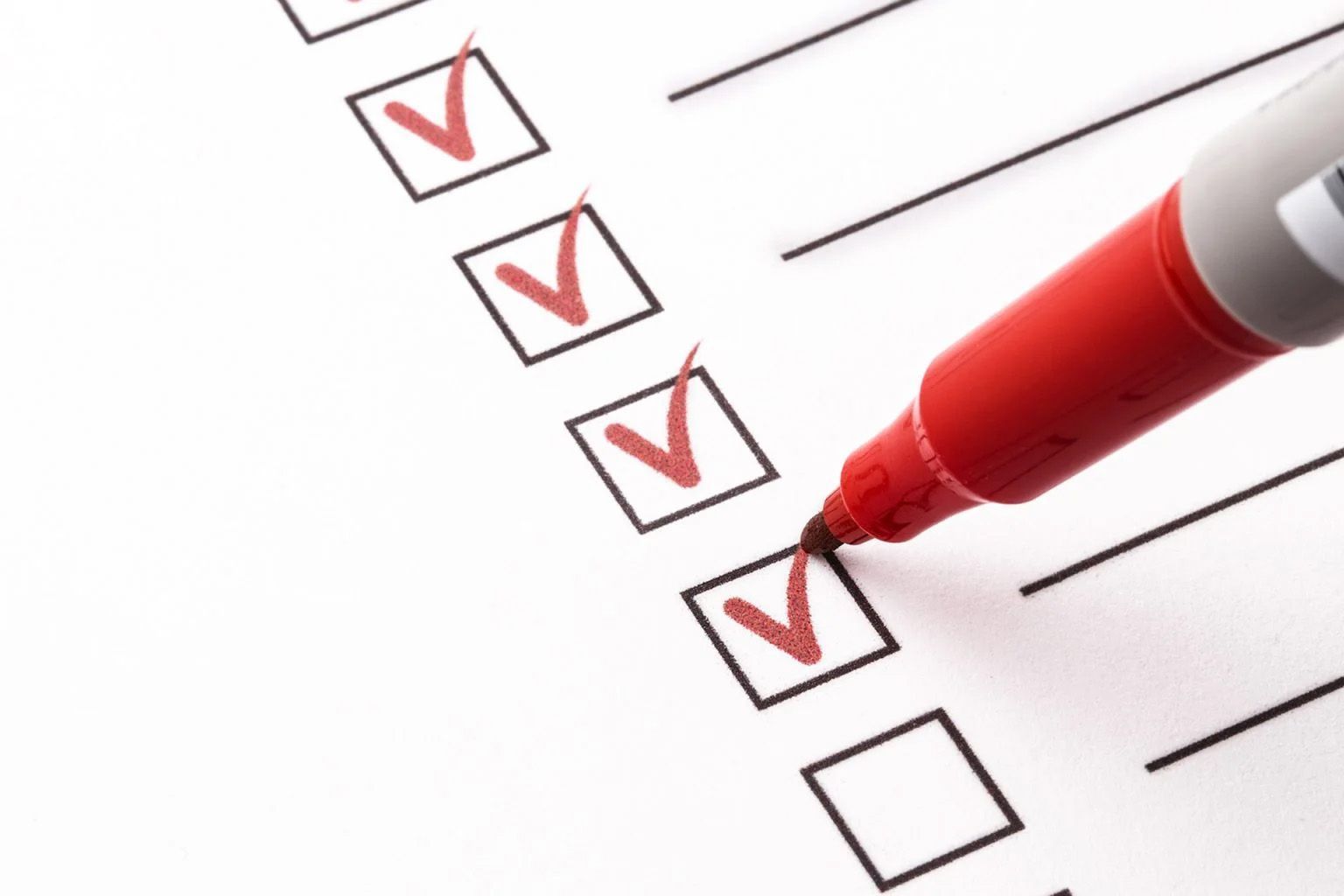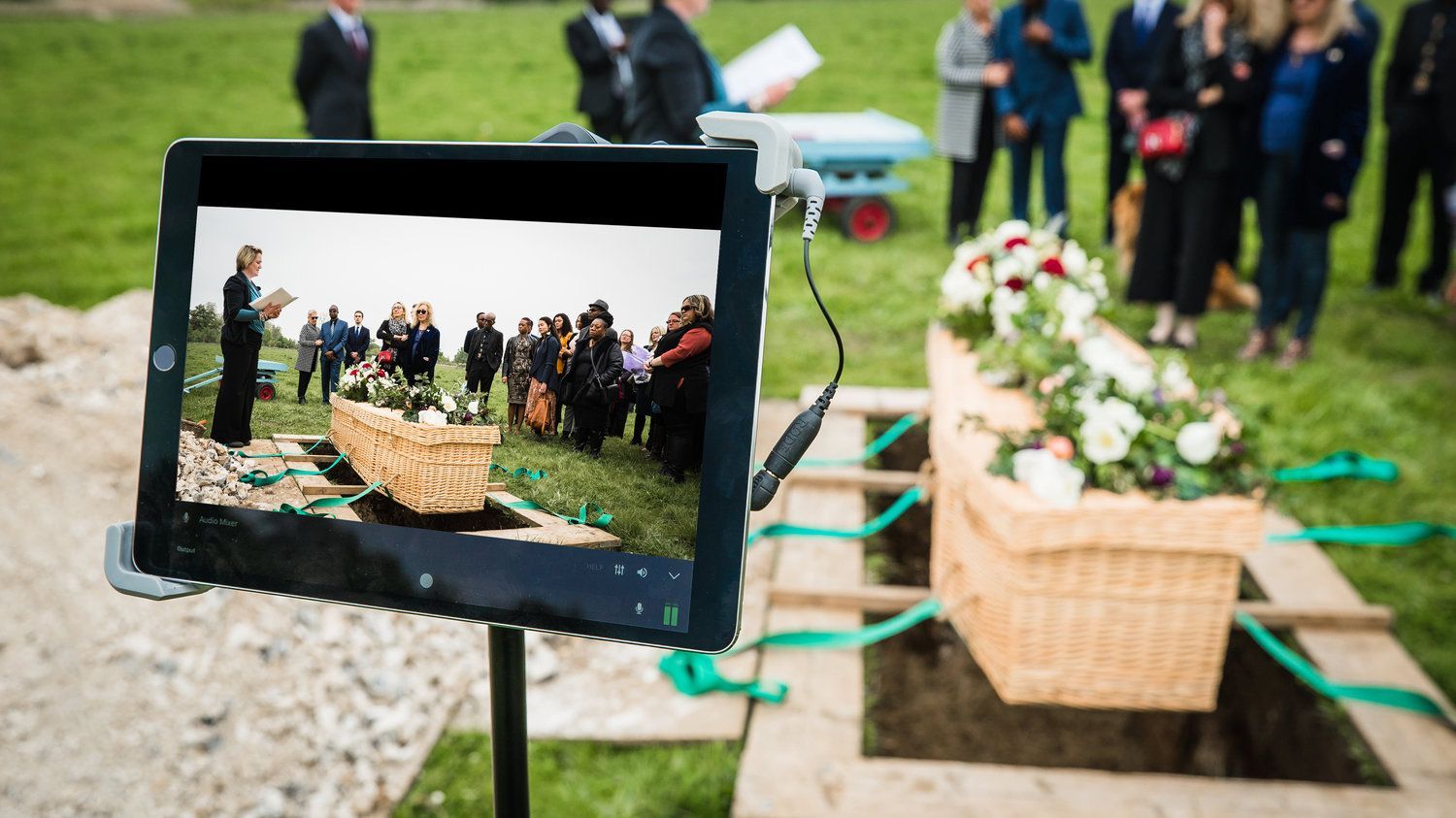Medicaid Spend Down Strategies
You’ve most likely heard of Medicaid. But how familiar with it are you?
Medicaid is the nation’s health insurance program. Most people will qualify for Medicaid based on work history. Surprisingly, a lot of wealthy people can qualify as well.
The purpose of Medicaid is to help people with healthcare needs who can’t otherwise afford healthcare coverage. It is estimated that around 72.4 million people were enrolled in Medicaid as of April 2019, which makes it the largest source of health coverage in the United States.
In order to be eligible for Medicaid, you must first qualify. Your income level can’t exceed a certain level and your assets needs to be below a certain monetary value. These thresholds vary from state to state but usually your countable assets cannot exceed $3,000 for married couples and $2,000 if you’re single.
If your assets exceed the limits, you can still qualify for Medicaid. You can do what many Americans do and spend down some of your assets each month.
What are Countable and Non-Countable Assets?
There are two types of assets Medicaid looks at. They are countable assets and non-countable assets.
Countable assets are assets that Medicaid counts toward the countable asset limit set by your state. These types of assets include:
- Investments like stocks, bonds, CDs, mutual funds, etc.
- Cash
- Bank accounts – savings or checking accounts
- Retirement accounts
- Property other than your primary house
Non-countable assets are assets that are exempt from your Medicaid asset limit. These types of assets include:
- Pre-paid funeral expenses
- Primary vehicle (only one)
- Primary house – verify with your state on rules regarding your house
- Term life insurance
- Life insurance policy that has a $1,500 or less cash value
- Wedding or engagement rings, jewelry, and family heirlooms
- Home appliances, furnishings, and other personal items
Medicaid Spend Down Strategies
Now that you know which assets are countable and non-countable, you will need to figure out how much to spend down in order to qualify for Medicaid. Be sure to research the spend down limit for the specific state you live in.
Regardless of the state you live in, the spend down strategies are the same. Let’s look at a few ideas:
- Update Your House
Since your primary house is a non-countable asset, a good way to spend down is to invest in your house. There are many investments you can make to your house. Some include:
- Replace the roof
- Buy new furnishings and décor
- Remodel the kitchen
- Resurface the deck
- Build a wheelchair ramp
- New paint job
The investments you can make to your home are countless.
- Pay Off Debt
Whether you pay off debt or pay down debt, this is a good option for seniors going into retirement – or anyone for that matter. More than ever Americans are going into retirement with more debt than ever before. It’s never a bad idea to decrease your debt exposure.
- Car Repairs
Does your car need repairs or maintenance? Now is a good time to get it fixed or even sell it and buy a new one. You’re allowed one car so take advantage.
- Pre-paid Funeral Expenses
Most of us don’t know when we will die but eventually it will happen and eventually you will have to pay for your funeral expenses. There are many benefits to pre-paying for your funeral or cremation services. Some of these include:
- Relieve your family members of the stresses and difficulties that come with planning a funeral during a period of grieving
- Lock in at today’s prices. Like everything else, the costs of funerals and cremations continue to rise. Pre-paying allows you to avoid price increases.
- Peace of mind. Planning ahead gives you peace of mind knowing everything is taken care of.
Start pre-planning today by clicking here.
- Uncovered Medical Expenses
Eyeglasses, hearing aids, prosthetic devices, dentures, surgical supplies, and contacts also count as long as these items are not covered by insurance.
- Cancel Life Insurance Policies
You are allowed no more that $1,500 in the cash value of your life insurance policies. So anything above that threshold might make sense to cancel. If you decrease or cancel the policy, the money is returned to the policyholder in which case you’d most likely need to spend down that payout. Putting that money into a pre-paid funeral plan becomes an attractive option.








